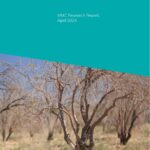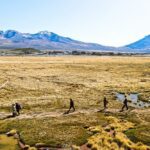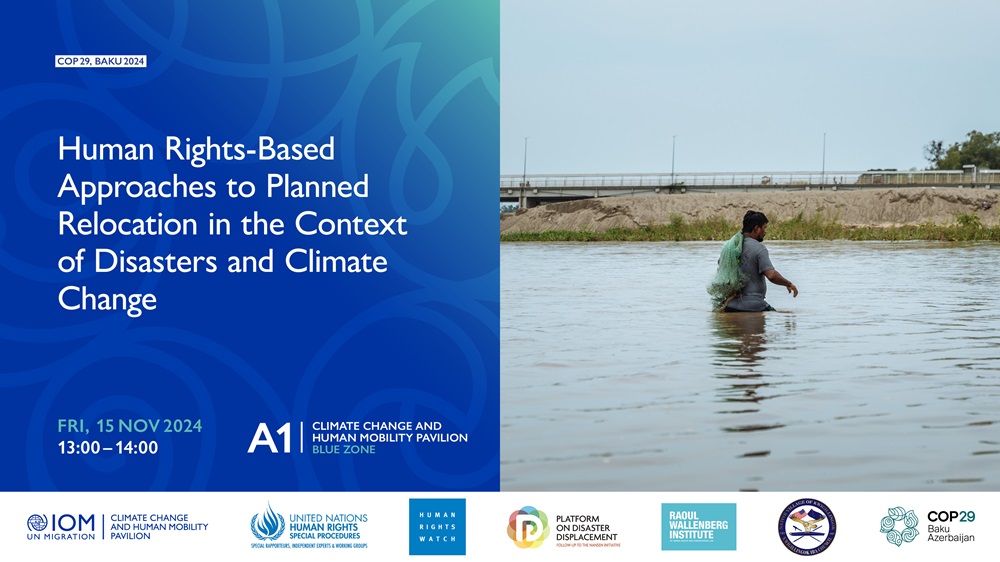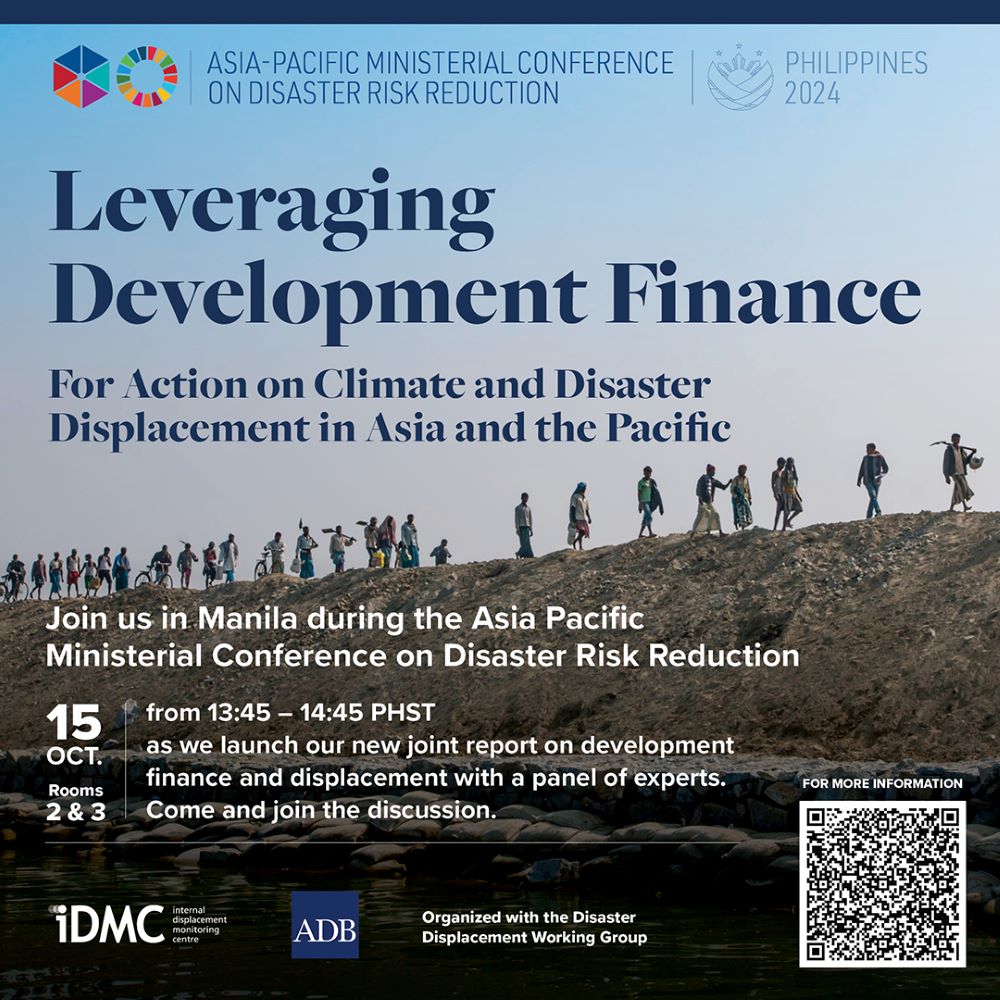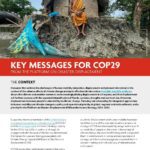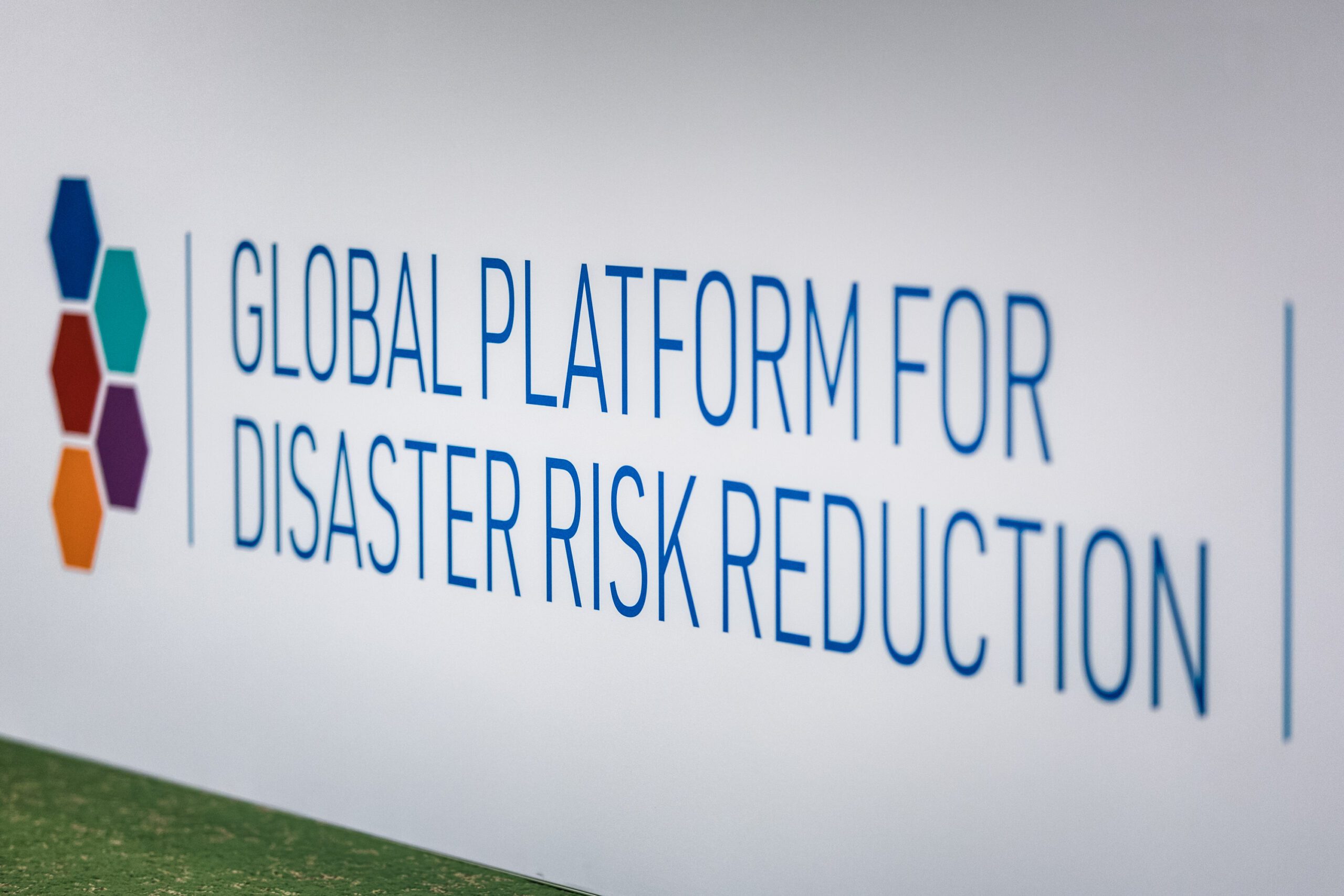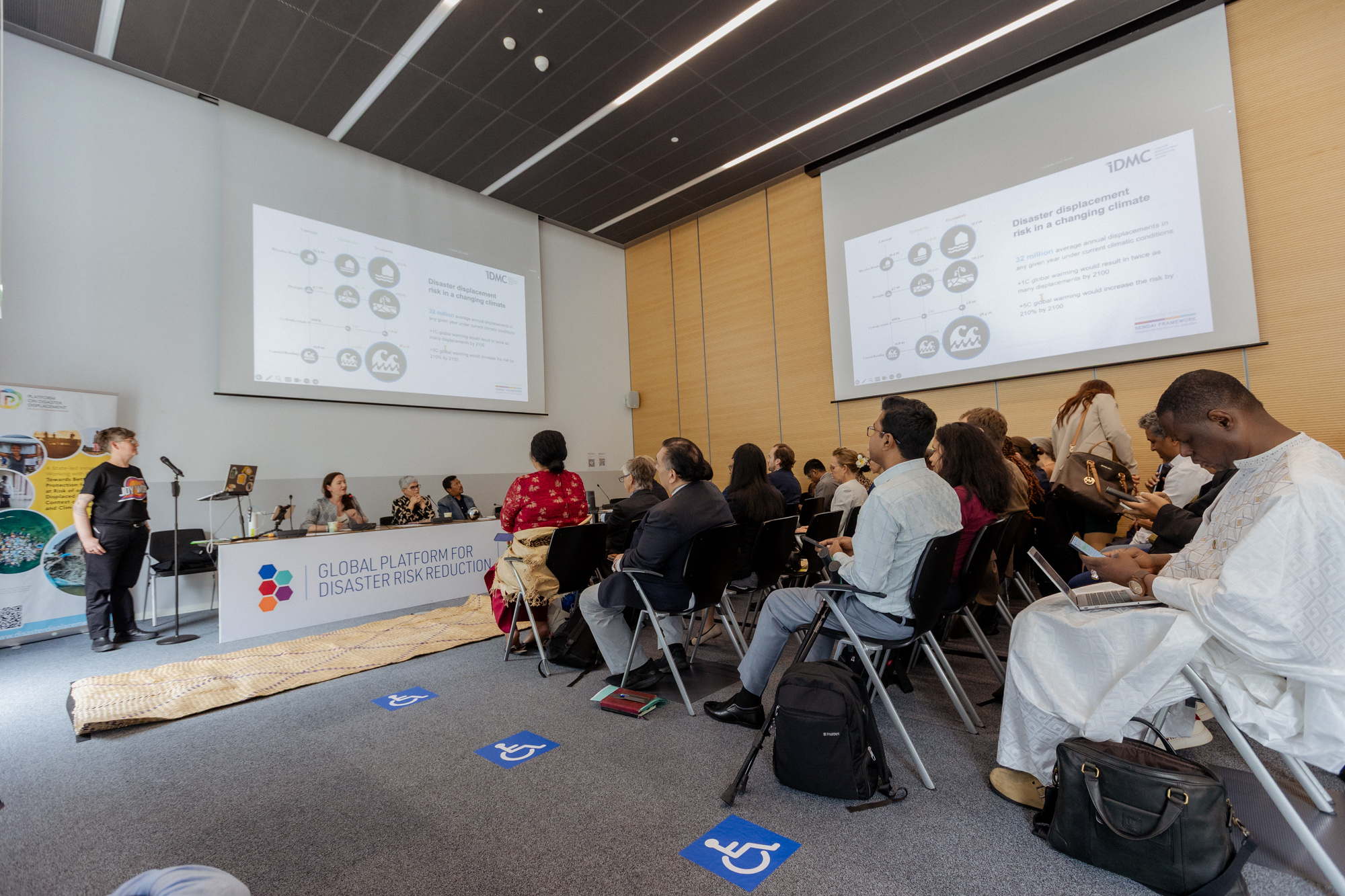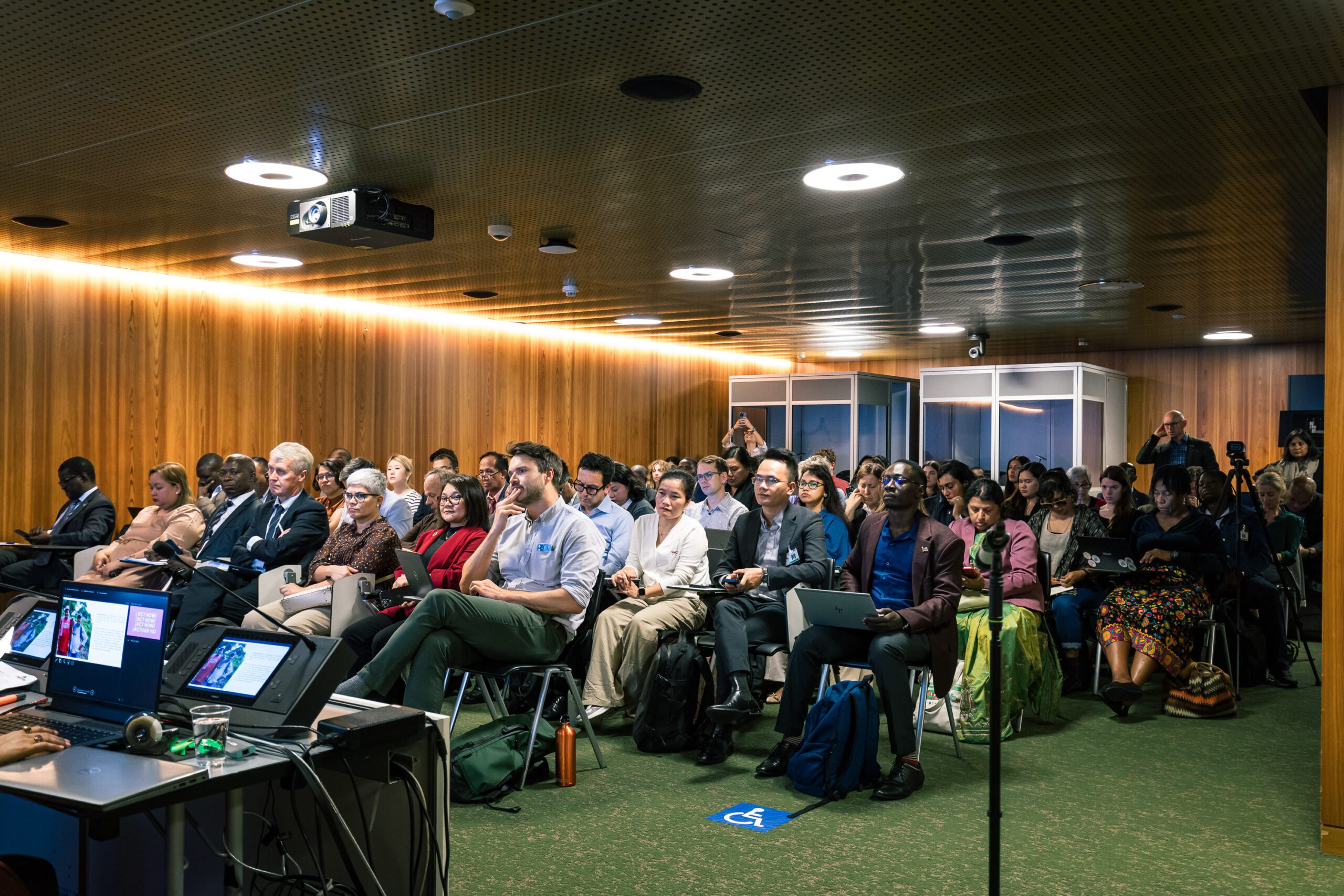Human Rights-based Approaches to Planned Relocation in the Context of Disasters and Climate Change – Side Event at COP29
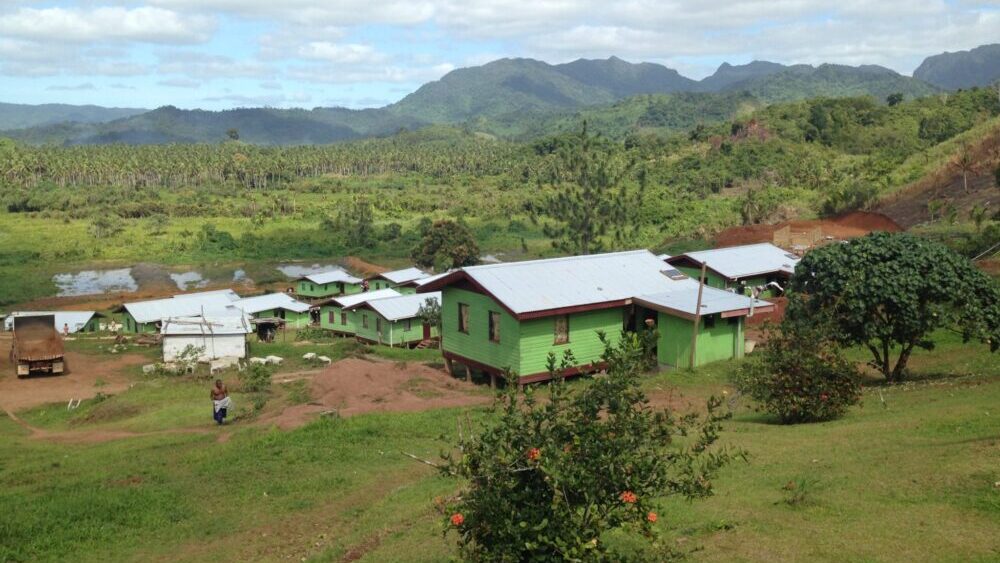
At the occasion of the 2024 United Nations Climate Change Conference (COP29), the International Organization for Migration (IOM), United Nations High Commissioner for Refugees (UNHCR), Raoul Wallenberg Institute, United Nations Special Rapporteur on the human rights of internally displaced persons and the Platform on Disaster Displacement (PDD) are pleased to invite you to attend our side event entitled “Human Rights-based Approaches to Planned Relocation in the Context of Disasters and Climate Change” that will take place on 15 November 2024 from 13:00-14:00 at IOM Pavilion, Blue zone, Baku Stadium, Baku, Azerbaijan.
People are increasingly being forced to leave their homes as the impacts of climate change become more pronounced. As sea levels rise, glaciers melt and natural hazard events become more frequent and intense, governments around the world are increasingly considering as a climate adaptation response, and grappling with the enormous challenges associated with, plans to move entire communities out of harm’s way. Planned relocation involves the planned, permanent movement of a group of people from identifiable origin(s) to identifiable destination(s), predominantly in association with one or more natural hazard. The human rights impacts of relocation can be profound.
At COP 29, the Raoul Wallenberg Institute of Human Rights and Humanitarian Law convened a panel of experts to shed light on and explore the human rights dimensions of planned relocation as a climate adaptation measure, and as a dimension of loss and damage. Panelists included the UN Special Rapporteur on the human rights of internally-displaced persons, the Platform on Disaster Displacement, Human Rights Watch and a representative from the Native Village of Kwigillingok, which is in the process of relocating with support from The Alaska Institute for Justice. With planned relocation being relevant to several COP negotiations and work streams, this expert panel helped to set the scene and advance understanding of the importance of human rights when it comes to climate-induced human mobility.
Speakers provided the context for planned relocation in relation to climate change adaptation and loss and damage, two pillars of the UN Framework Convention on Climate Change. There was consensus about the importance of institutional frameworks at international and national levels for planning, financing and implementing planned relocation. Critically, beyond the financial implications of planned relocation, the non-economic losses and damages in terms of cultural ties to the land were highlighted. In addition to identifying adverse human rights impacts such as harms to the rights to adequate shelter, health, food, and livelihoods, the panel pointed to the concrete opportunities that a human rights-based approach to planned relocation can bring. By structuring planned relocation in line with international human rights standards, processes can reflect participatory and inclusive decision-making and ensure serious consideration of the rights of children, women, persons with disabilities, Indigenous Peoples and other groups as a result.
Key messages:
- Institutions at national and international levels need to coordinate closely on planned relocation.
- Climate adaptation and loss and damage financing mechanisms should provide adequate resources for planned relocation to ensure that planned relocation does not result in further harm to communities and ecosystems.
- A rights-based approach to planned relocation can help reduce potential economic and non-economic loss and damage by promoting inclusive decision-making and consideration of holistic economic, social, cultural, civil and political rights at all stages of the process.
Header photo: Vunidogoloa Climate Change Relocation Project, Fiji 2014

